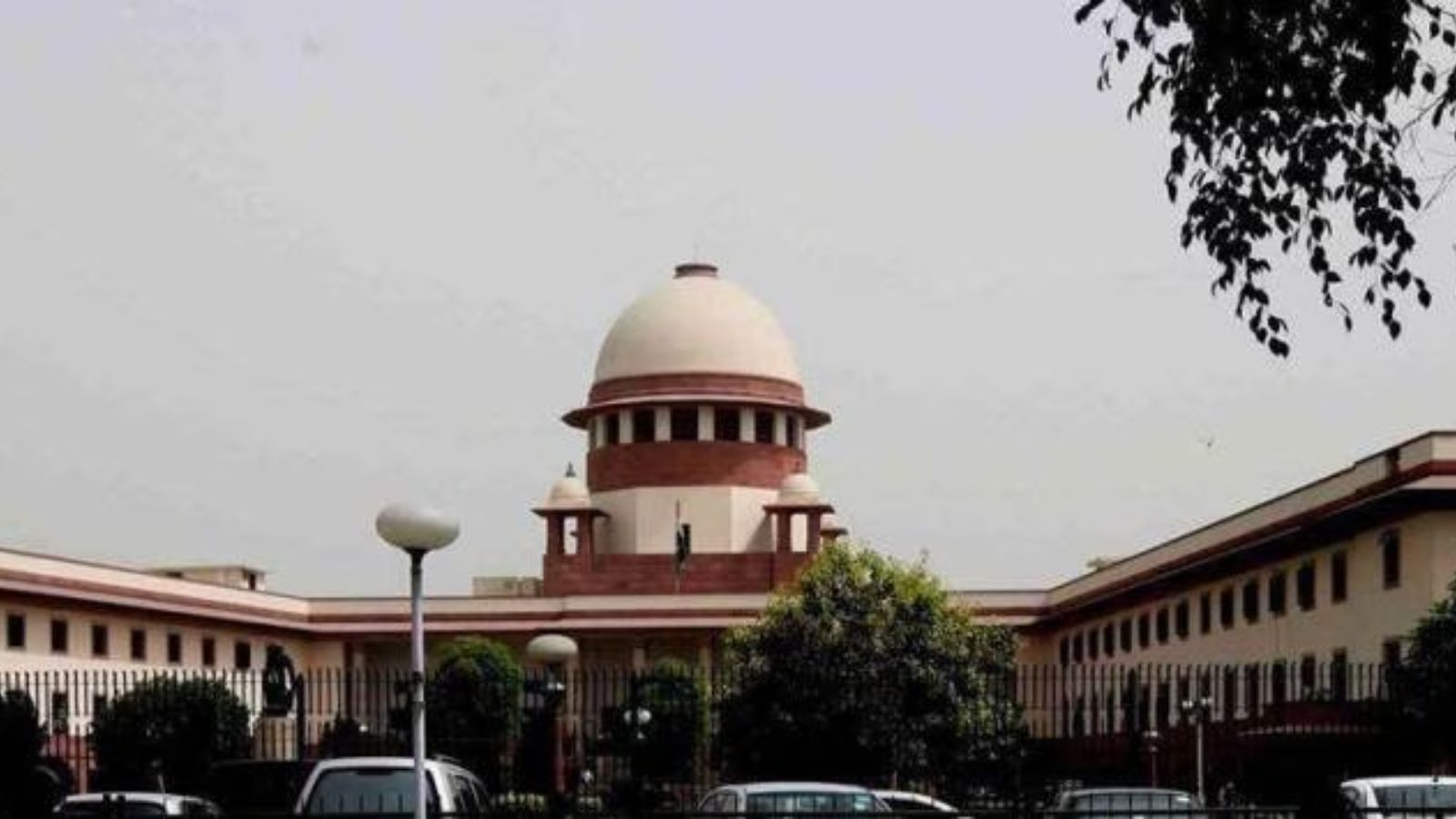Disha Gupta, Pune
The Supreme Court of India has refused a NEET retest saying data on record is not indicative of a systematic leak. NTA countered the claim of malpractice by saying that centre-wise data reveals no significant increase in success rates this year. On Tuesday, the Supreme Court dismissed petitions calling for the cancellation of the NEET-UG 2024 medical entrance exam. The court stated that currently, there is insufficient evidence to suggest a systematic question paper leak that could disrupt the sanctity of the exam.
The Chief Justice of India, D.Y. Chandrachud, heading a three-judge panel, noted that conducting a new exam would impact nearly 23 lakh students. The court also said that this could lead to a shortage of qualified medical students in the coming years.
The court said it is indisputable that the question paper leaks in both Hazaribagh and Patna, are currently under CBI investigation. It has been observed that the CBI has identified 155 students at these centres who directly benefited from the leaked papers.
During earlier proceedings, an expert panel from IIT Delhi stated to the Supreme Court that the fourth option of a contested physics question is indeed correct. This is somewhere expected to affect the scores of more than four lakh candidates, including 44 who achieved perfect scores in the exam.
Last week, the Supreme Court grilled the National Testing Agency (NTA), which administers the exam, regarding the distribution of incorrect question papers in all the eight centres, which also includes Jhajjar, and the subsequent awarding of grace marks to students. The court asked the petitioners if they could provide current evidence demonstrating that the question paper leaks were extensive rather than isolated incidents.
The National Testing Agency (NTA) conducts the National Eligibility Entrance Test (NEET-UG) for admissions to various medical courses such as MBBS, BDS, AYUSH, and other related programs in both government and private institutions nationwide.
The court informed that the exam’s qualifying score is set at the 50th percentile. The test comprises 180 questions, with each correct answer worth four marks, totalling 720 points. Incorrect responses result in a one-mark deduction. This structure determines candidates’ scores and their eligibility for medical program admissions.
